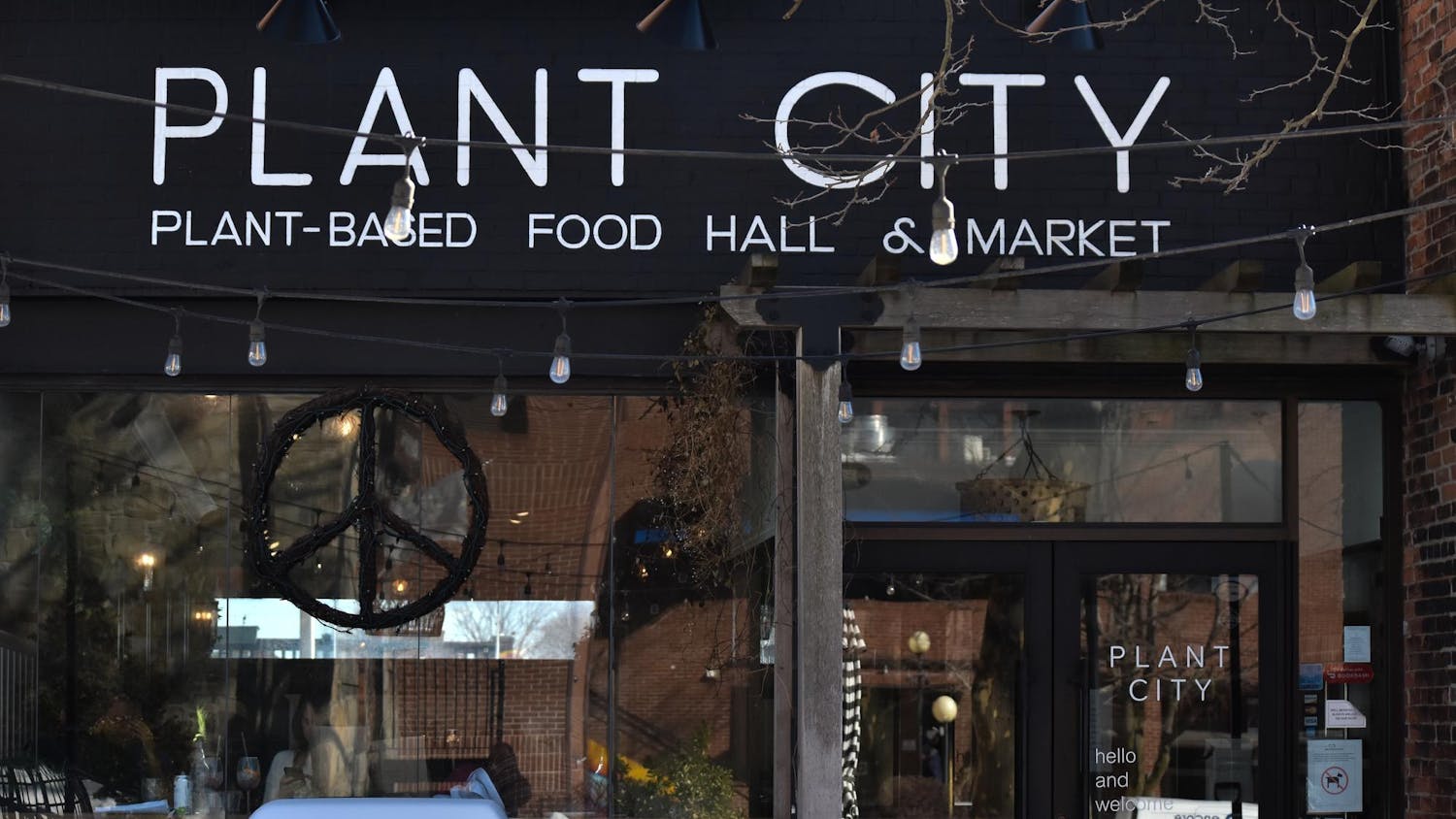Earlier this month, House Speaker K. Joseph Shekarchi introduced a 15-bill housing package that seeks to increase housing production rates in Rhode Island. The state has historically ranked low or last in the country for per-capita new home construction.
In an email to The Herald forwarded by a spokesperson, Shekarchi described the state’s high housing costs as “a supply and demand issue.”
“Until more production at a faster rate occurs, we will continue to see rent and housing prices soar,” he wrote.
Bill 2024-H 7979, according to Shekarchi, would streamline the process of housing development by allowing municipalities to combine their zoning and planning boards. To him, that bill has the most potential to impact Rhode Island’s housing market, especially for smaller communities.
He additionally highlighted 2024-H 7062, which would allow certain kinds of accessory dwelling units to be constructed without requiring discretionary approval. This will “enable homeowners to add additional housing units to Rhode Island’s stock relatively quickly,” Shekarchi wrote.
Other bills in the package, such as 2024-H 7986, seek to expedite the rate at which vacant property is returned to the housing market and additionally allow “the court to prioritize abatement plans for buyers or receivers who agree that (an) unit will be designated as affordable housing,” according to Shekarchi.
While not all bills in the package directly incentivize affordable housing, Brenda Clement, executive director of HousingWorks RI, said that limited housing supply has been a major contributor to high prices. “Increasing supply at different income levels does help affordability,” she added.
Clement also noted that “70% of the projected fastest-growing jobs in the state over the next five years don’t pay anywhere near the wage that you need to afford housing costs and housing prices,” and stressed the need to build more housing at affordable price points.
Juan Espinoza, spokesperson for the Rhode Island Coalition to End Homelessness, lauded the housing package for attempting to decrease “red tape” limiting housing construction. But he added that due to construction timelines, it’s important to combat the homelessness and housing crises with both short and long-term solutions.
The coalition’s platform includes support for bills that protect unhoused people, such as the updated Homeless Bill of Rights. According to Espinoza, the updated bill will aid in the enforcement of the 2012 Homeless Bill of Rights.
Clement highlighted the importance of the $100 million housing bond Governor McKee included in his FY 2025 budget to address the housing crisis.
“The fact that there is a bond in the state budget of this size is good news,” Clement said. Still, she noted that “it is not enough” and that housing advocates are working to increase the bond amount to $150 million.
Espinoza added that “housing production has been largely underfunded historically … and so having an extra 50 million does help support the system as a whole.”
Mikayla Kennedy is a Metro editor covering housing and transportation. They are a junior from New York City studying Political Science and Public Policy Economics.





